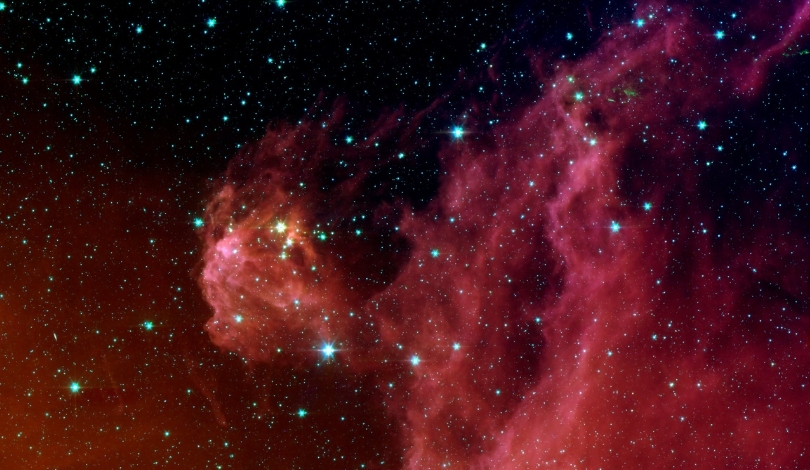A research team based in Hefei, China, successfully utilized an artificial intelligence system to create a catalyst capable of splitting water into oxygen and hydrogen using materials found on Mars. This technological advancement underscores the potential for autonomous systems in supporting future space exploration missions. By leveraging local resources, the development not only enhances the feasibility of sustained human presence on Mars but also reduces the dependency on supplies from Earth.
Previous efforts in catalyst development for extraterrestrial environments predominantly relied on manual experimentation and Earth-sourced materials. This new approach by the Hefei team marks a significant shift towards automated and location-specific innovation, potentially setting a precedent for future missions requiring in-situ resource utilization.
How Did the AI Chemist Select the Catalyst?
The AI Chemist employed machine learning algorithms to analyze five common Martian rocks, considering over three million possible material combinations. By integrating data from theoretical models and experimental results, the system identified a polymetallic catalyst comprising manganese, iron, nickel, magnesium, aluminum, and calcium as the most effective for the oxygen evolution reaction.
What Processes Did the AI Perform to Develop the Catalyst?
The AI system managed the entire catalyst development pipeline, including formula creation, ore pretreatment, synthesis, and testing. Utilizing a robotic arm, it synthesized the catalyst from dissolved meteorite samples without human intervention, streamlining a process that would traditionally require extensive manual labor.
Will the Catalyst Be Implemented in Future Mars Missions?
While the catalyst demonstrated functionality under Martian conditions, its integration into operational systems remains pending. The complexity of the synthesis process raises considerations regarding whether it is more practical to utilize Earth-supplied catalysts despite the potential benefits of using Martian materials.
This development highlights the growing role of artificial intelligence in space exploration, particularly in optimizing resource utilization. By automating complex scientific processes, AI systems can accelerate innovation and reduce the time and cost associated with human-led experimentation. The success of the AI Chemist may inspire further integration of autonomous technologies in mission-critical applications, enhancing the sustainability and efficiency of future interplanetary endeavors.










